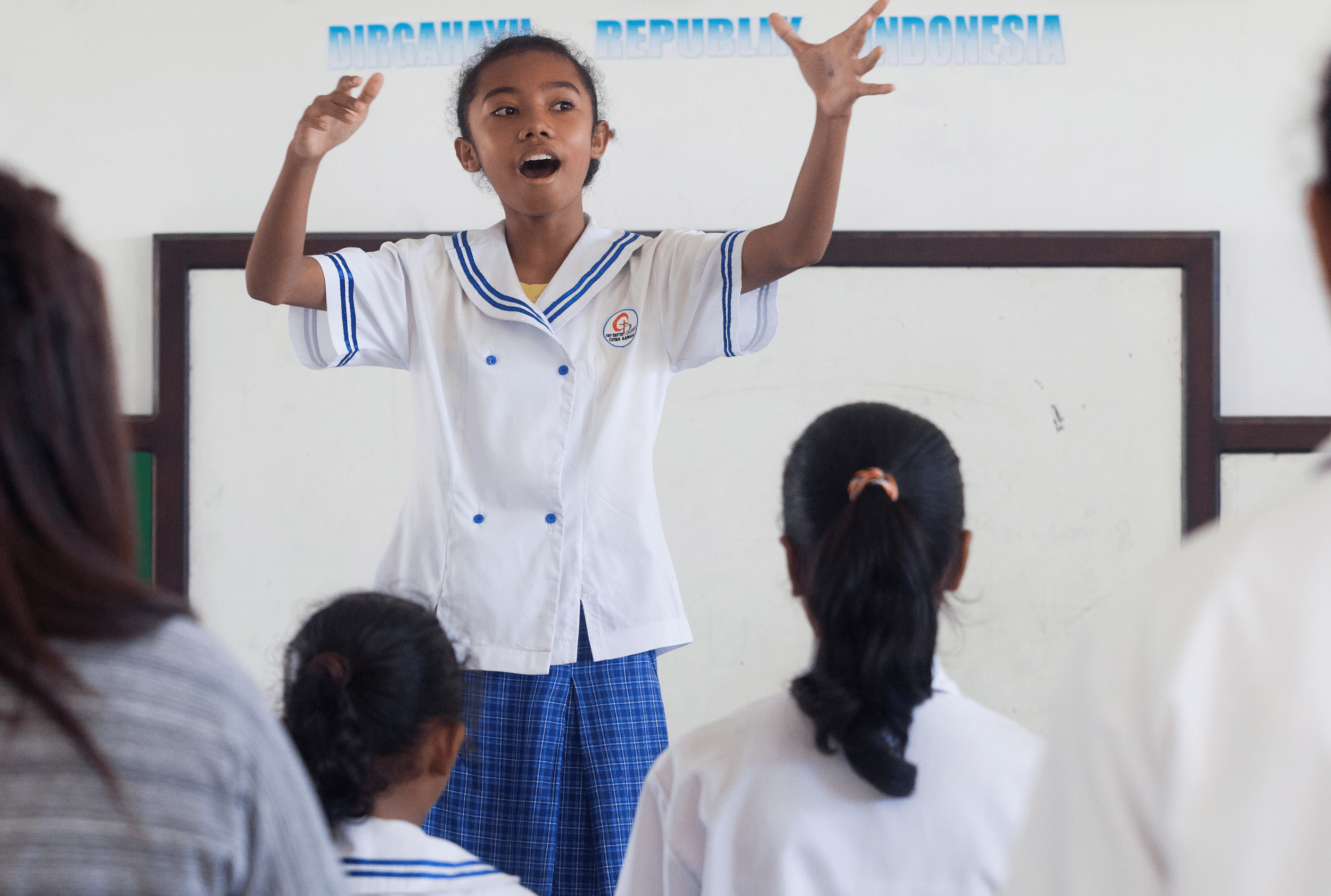Jakarta, 10 June 2020
Ninety percent of young people in Indonesia feel anxious during the COVID-19 pandemic, with social distancing measures forcing schools and workplaces to close. This is one of the findings of an online survey recently conducted by UNFPA Indonesia’s Youth Advisory Panel (YAP).
The survey revealed a number of reasons for this anxiety; from lack of improvement of the situation (70%) and inability to socialize (58.7%), to financial issues (40%) and feeling unsafe in their environment (38%). “I cannot stand seeing my parents in this condition, stressing over outstanding utilities bills for the past two months,” a 17-year-old young woman respondent describes. Despite these significant mental health challenges, only around 15% of them access health and counselling services to address the anxieties, while the majority (77%) deal with them by playing with their gadgets or turning to social media.
Supporting and engaging young people, especially those who have been disproportionately impacted by the pandemic, is one of UNFPA Indonesia’s key focus areas in its COVID-19 response strategy. The online survey was a tool to better understand the needs of young people in Indonesia. With over 1200 participants aged 15-30 years from 33 provinces in Indonesia, the youth-led survey highlights the challenges young people face during the pandemic and their increasing needs for support in different sectors, from health to education.
The results of the online survey were shared during an online multi-sectoral meeting that UNFPA facilitated with the Coordinating Ministry for Human Development and Cultural Affairs (Kemenko PMK) and Ministry of Health (MOH) recently. Other government institutions and organizations, namely the Ministry of Women Empowerment and Child Protection (MOWECP), Ministry of Education and Culture (Kemendikbud), UNICEF, UNDP, ILO, Aliansi Satu Visi, Wahana Visi Indonesia, ChildFund International, Universitas Indonesia Faculty of Medicine (FKUI), and Universitas Brawijaya’s Disability Service and Study Center also presented the findings of their studies on the impacts of the pandemic on children, adolescents and youth. Focusing on different topics that range from the challenges of learning from home to youth-run businesses, all research results share one common theme: that children, adolescents and young people are struggling with the negative impacts of the pandemic in every sector.
Cross-sectoral collaboration with the government, civil society and academia is key to effectively and accurately addressing the needs of young people. Therefore, UNFPA actively strengthens the capacities and coordination of the government for a multi sectoral response in mitigating the impact of the pandemic on youth.
To follow-up on the survey, UNFPA will provide technical support to the Kemenko PMK to analyze the findings and coordinate the government’s response to address the pressing needs of young people during this pandemic. To ensure that young people's needs are prioritized in the recovery of this pandemic, UNFPA will also support the Kemenko PMK and MOH to develop a National Action Plan that will be the basis for a coordinated effort by the government to meet the needs of young people in the long term.
Dian Agustino, Communications Officer, UNFPA Indonesia


